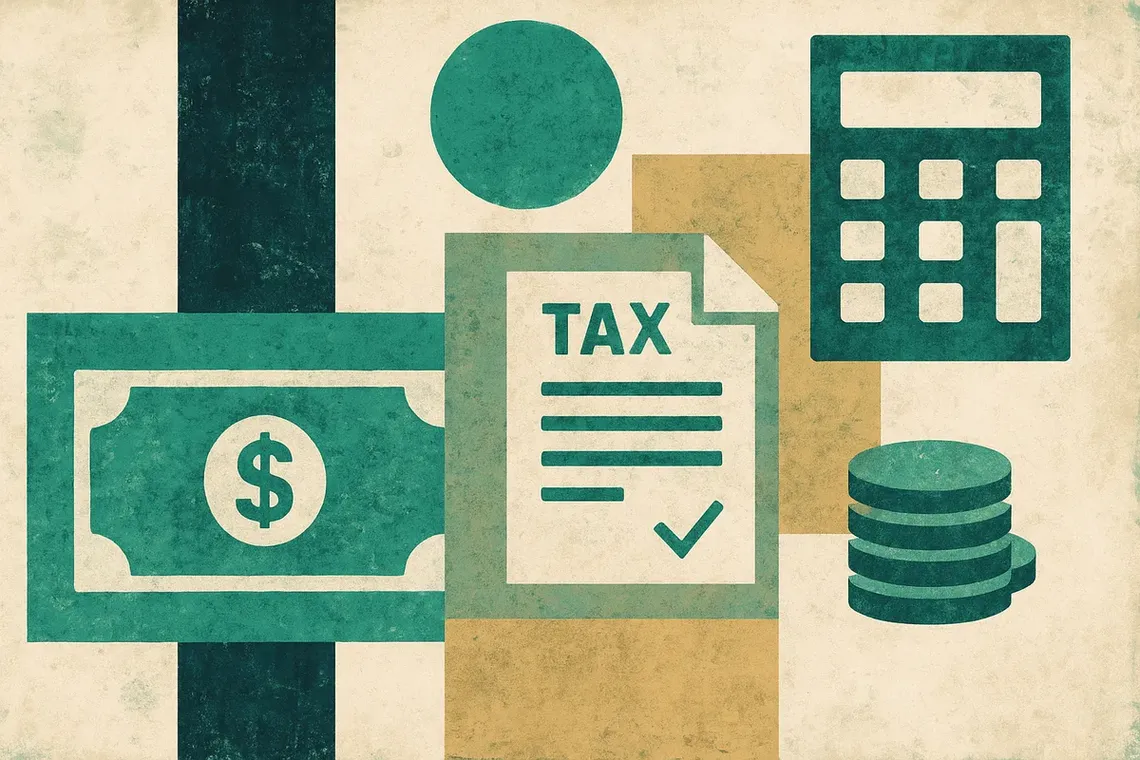A. The IRS says ministries should evaluate three categories when determining if a worker is an independent contractor or an employee: behavioral, financial, and type of relationship.
1. Behavioral
Does the ministry control or have the right to control what the worker does and how the worker does his or her job?
2. Financial
Are the business aspects of the worker’s job controlled by the payer? (These include aspects like how the worker is paid, whether expenses are reimbursed, who provides tools/supplies, etc.)
3. Type of Relationship
Is the relationship based on written contracts or employee-type benefits (for example, pension plan, insurance, vacation pay, etc.)? Will the relationship continue? Is the work a key aspect of the business?
Evaluate these categories with the help of a locally licensed attorney. It's essential that you make the proper determination.
As the IRS states on its website, “The IRS is not required to follow a contract stating that the worker is an independent contractor, responsible for paying his or her own self employment tax. How the parties work together determines whether the worker is an employee or an independent contractor.”
If you still have trouble classifying a worker after consulting with an attorney, you can take the case to the IRS. Fill out and submit IRS Form SS-8 to ask for a ruling on the worker's status. Be aware, however, that this ruling applies for tax purposes only and not necessarily for liability or workers’ compensation purposes.
For more information, see “Independent Contractor (Self-Employed) or Employee?” on the Internal Revenue Service (IRS) website.
The information we provide is intended to be helpful, but it does not constitute legal advice and is not a substitute for the advice from a licensed attorney in your area. Accordingly, no attorney/client relationship is created through this process, and no legal advice will be provided. We strongly encourage you to regularly consult with a local attorney as part of your risk management program.


